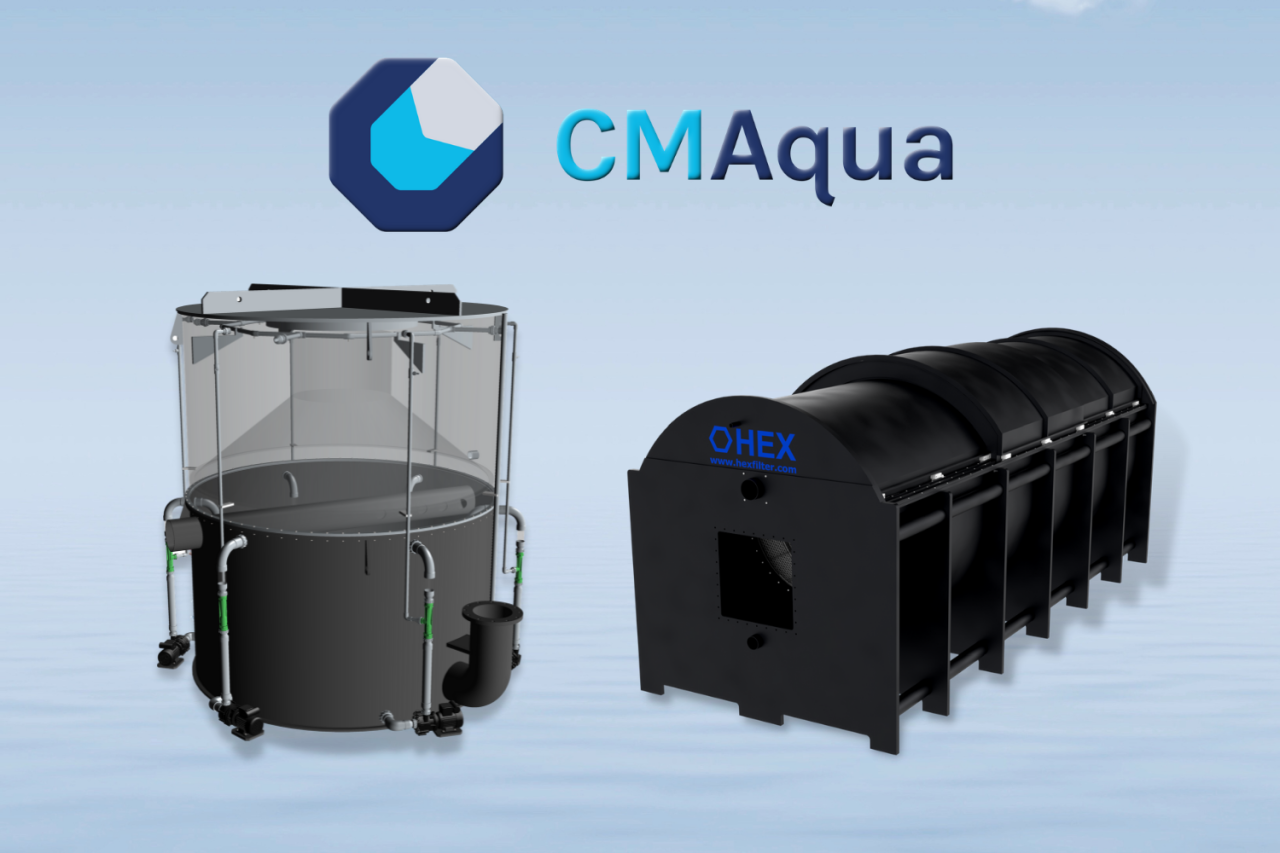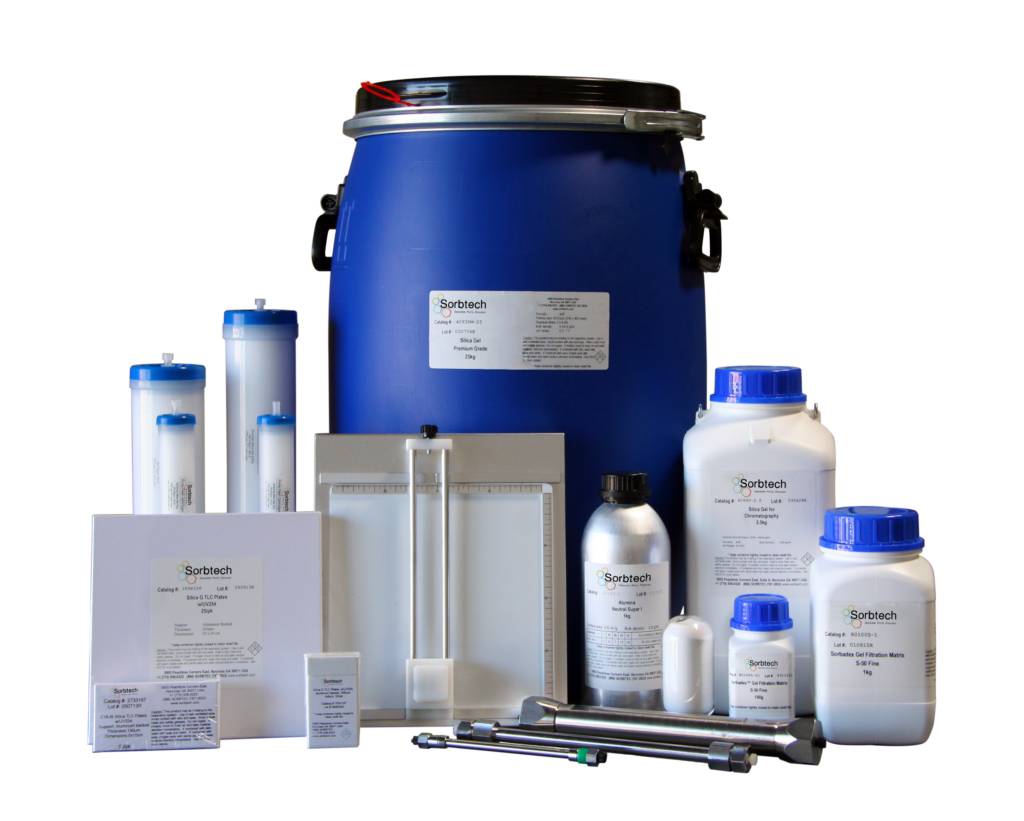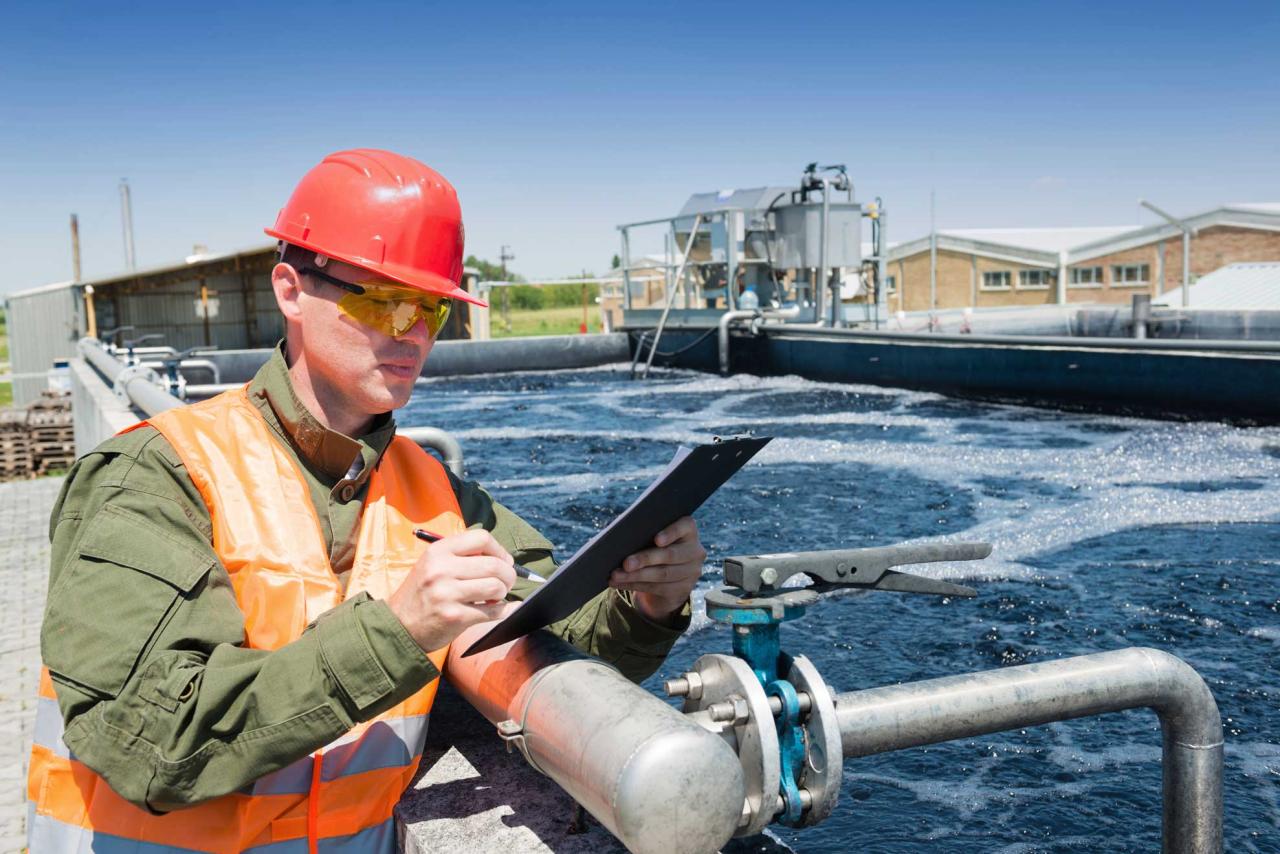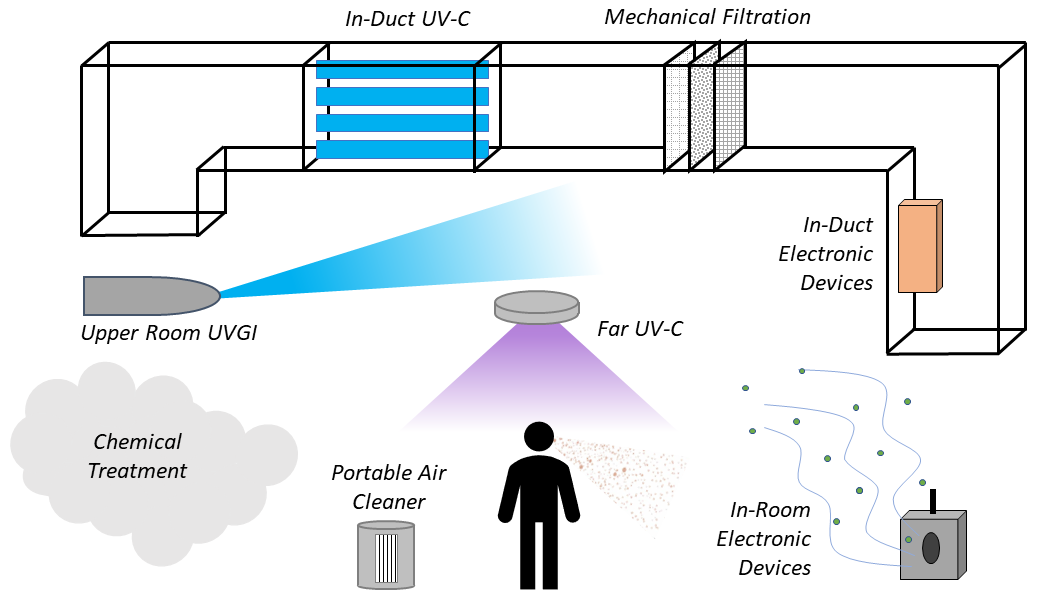Aqua Technologies: Shaping the Future of Water
Aqua technologies are revolutionizing how we manage and utilize water resources. From advanced water treatment systems to innovative aquaculture practices, these technologies are playing a crucial role in addressing global […]

Aqua technologies are revolutionizing how we manage and utilize water resources. From advanced water treatment systems to innovative aquaculture practices, these technologies are playing a crucial role in addressing global water challenges and ensuring sustainable water management for the future.
This comprehensive exploration delves into the diverse applications of aqua technologies, highlighting their impact across various industries. We examine the key innovations driving progress in this field, including the integration of artificial intelligence and machine learning, as well as the role of sensors and data analytics in optimizing water processes.
Aqua Technologies
Aqua technologies encompass a broad range of innovations and applications that leverage water as a resource or target for technological advancement. They play a crucial role in addressing global challenges related to water scarcity, pollution, and sustainable development.
Types of Aqua Technologies
Aqua technologies encompass a wide range of disciplines and applications, each contributing to a more sustainable and efficient use of water resources. Here are some prominent examples:
- Water Treatment Technologies: These technologies focus on purifying water for various purposes, including drinking water, industrial processes, and wastewater treatment. Examples include membrane filtration, reverse osmosis, and advanced oxidation processes.
- Desalination Technologies: These technologies remove salt and other impurities from seawater or brackish water, providing a source of freshwater in arid regions. Examples include multi-stage flash distillation, reverse osmosis, and electrodialysis.
- Irrigation Technologies: These technologies optimize water use in agriculture, reducing water waste and improving crop yields. Examples include drip irrigation, sprinkler irrigation, and precision agriculture techniques.
- Hydropower Technologies: These technologies harness the energy of flowing water to generate electricity. Examples include traditional hydroelectric dams, tidal power plants, and wave energy converters.
- Aquaculture Technologies: These technologies involve the cultivation of aquatic organisms, such as fish, shellfish, and seaweed, for food production. Examples include recirculating aquaculture systems, integrated multi-trophic aquaculture, and offshore aquaculture.
Role of Aqua Technologies in Industries
Aqua technologies are essential for various industries, contributing to economic growth and sustainability:
- Agriculture: Aqua technologies improve water efficiency, reduce water waste, and enhance crop yields, contributing to food security.
- Energy: Hydropower technologies provide a renewable and clean source of energy, reducing reliance on fossil fuels.
- Manufacturing: Aqua technologies are essential for industrial processes, providing clean water for production and treating wastewater.
- Tourism: Aqua technologies contribute to the preservation and management of coastal and marine environments, promoting sustainable tourism.
- Health: Aqua technologies ensure access to safe drinking water, reducing waterborne diseases and improving public health.
Applications of Aqua Technologies
Aqua technologies, a blend of engineering, science, and innovation, play a pivotal role in addressing global challenges related to water scarcity, food security, and environmental sustainability. These technologies offer practical solutions across various sectors, revolutionizing how we manage and utilize water resources.
Water Treatment and Purification
Aqua technologies are instrumental in ensuring access to clean and safe drinking water. Here’s how:
- Membrane Filtration: Techniques like reverse osmosis (RO) and nanofiltration (NF) effectively remove contaminants like salts, heavy metals, and bacteria from water. RO systems are widely used for desalination, converting seawater into potable water, while NF systems are employed for municipal water treatment and industrial applications.
- Disinfection: Technologies like ultraviolet (UV) radiation, chlorination, and ozonation effectively eliminate harmful microorganisms from water. UV disinfection, for example, uses ultraviolet light to destroy the DNA of bacteria and viruses, rendering them inactive.
- Water Softening: Ion exchange resins are used to remove dissolved minerals like calcium and magnesium, which cause hardness in water. Water softening prevents scale buildup in pipes and appliances, extending their lifespan and improving water quality.
Aquaculture and Fisheries
Aqua technologies are transforming aquaculture practices, enhancing fish production and sustainability.
- Recirculating Aquaculture Systems (RAS): These closed-loop systems efficiently recycle water, minimizing water usage and waste discharge. RAS systems use filtration, aeration, and biofiltration to maintain optimal water quality, promoting healthy fish growth.
- Aquaponics: This integrated system combines aquaculture with hydroponics, utilizing fish waste as fertilizer for plant growth. Aquaponics offers a sustainable approach to food production, maximizing resource utilization and reducing environmental impact.
- Fish Farming Technologies: Advanced technologies like automated feeding systems, water quality monitoring, and disease detection systems are being employed to improve fish farming efficiency and reduce labor costs. These technologies enhance fish health, increase production yields, and contribute to sustainable aquaculture practices.
Agriculture and Irrigation
Aqua technologies play a crucial role in optimizing water use in agriculture, ensuring food security and promoting sustainable practices.
- Drip Irrigation: This efficient irrigation method delivers water directly to the roots of plants, minimizing water loss through evaporation and runoff. Drip irrigation reduces water consumption by up to 50% compared to traditional flood irrigation, making it an effective water conservation strategy.
- Smart Irrigation Systems: These systems utilize sensors and data analytics to monitor soil moisture levels and weather conditions, automatically adjusting irrigation schedules to optimize water use. Smart irrigation systems can significantly reduce water consumption and prevent overwatering, leading to increased crop yields and water savings.
- Water Harvesting: Technologies like rainwater harvesting and greywater reuse collect and utilize water that would otherwise be wasted. Rainwater harvesting systems capture rainwater for irrigation and other uses, while greywater reuse systems treat wastewater from showers and sinks for non-potable purposes like flushing toilets and watering gardens.
Key Innovations in Aqua Technologies

Aqua technologies are rapidly evolving, driven by the increasing demand for sustainable and efficient water management solutions. Advancements in various fields, such as artificial intelligence, sensor technology, and data analytics, are transforming how we approach water-related challenges. This section delves into key innovations shaping the future of aqua technologies.
Artificial Intelligence and Machine Learning in Aqua Technologies
Artificial intelligence (AI) and machine learning (ML) are revolutionizing aqua technologies by enabling more intelligent and automated water management systems. AI algorithms can analyze vast amounts of data from various sources, including sensors, weather stations, and historical records, to identify patterns and predict future trends. This data-driven approach empowers decision-makers to optimize water usage, anticipate potential issues, and make informed choices for water resource management.
- Predictive Maintenance: AI-powered predictive maintenance systems can analyze sensor data from pumps, filters, and other equipment to detect anomalies and predict potential failures. This allows for proactive maintenance, reducing downtime and operational costs.
- Water Quality Monitoring: AI algorithms can analyze water quality data from sensors to identify pollutants, track changes in water parameters, and predict potential threats to aquatic ecosystems. This information helps in implementing timely interventions and ensuring water safety.
- Smart Irrigation Systems: AI-powered irrigation systems can optimize water usage by analyzing soil moisture, weather conditions, and plant needs. These systems can automatically adjust irrigation schedules, reducing water waste and improving crop yields.
Sensors and Data Analytics in Optimizing Aqua Processes
Sensors play a crucial role in collecting real-time data on various water parameters, including flow rate, water quality, and pressure. This data is then analyzed using advanced data analytics techniques to gain insights into water usage patterns, identify potential problems, and optimize water management practices.
- Water Leak Detection: Sensors can detect leaks in water pipes and infrastructure, enabling timely repairs and reducing water loss. This is particularly important in urban areas with aging infrastructure, where leaks can lead to significant water waste and financial losses.
- Water Quality Control: Sensors can monitor water quality parameters, such as pH, dissolved oxygen, and turbidity, in real-time. This data can be used to adjust treatment processes, ensure water safety, and comply with regulatory standards.
- Water Resource Management: Data analytics can be used to analyze historical water usage data, identify trends, and predict future demand. This information can help water managers make informed decisions about water allocation, infrastructure development, and drought mitigation strategies.
Sustainability and Aqua Technologies

Aqua technologies play a crucial role in promoting sustainability by addressing pressing environmental challenges related to water scarcity, pollution, and climate change. Their application offers a wide range of environmental benefits, contributing to the preservation and responsible management of our planet’s most precious resource.
Environmental Benefits of Aqua Technologies
Aqua technologies offer a wide range of environmental benefits, contributing to the preservation and responsible management of our planet’s most precious resource.
- Reduced Water Consumption: Aqua technologies, such as efficient irrigation systems and water-saving appliances, minimize water usage in various sectors, including agriculture, industry, and households. This helps conserve water resources and reduces the strain on water-stressed regions.
- Improved Water Quality: Water treatment technologies, including filtration, disinfection, and desalination, effectively remove pollutants and contaminants from water sources, ensuring the delivery of clean and safe drinking water to communities.
- Reduced Pollution: Aqua technologies help mitigate water pollution by preventing the discharge of harmful substances into water bodies. Wastewater treatment plants, for instance, remove pollutants from sewage and industrial wastewater, protecting aquatic ecosystems and human health.
- Enhanced Water Security: Aqua technologies contribute to water security by improving water availability and access, particularly in regions facing water scarcity. This is achieved through measures like rainwater harvesting, groundwater recharge, and efficient water distribution systems.
- Climate Change Mitigation: Aqua technologies play a role in climate change mitigation by reducing greenhouse gas emissions. For example, efficient irrigation systems minimize water evaporation, reducing energy consumption and associated carbon emissions.
Role of Aqua Technologies in Water Conservation and Resource Management
Aqua technologies are essential for water conservation and resource management, enabling the efficient use and protection of water resources.
- Efficient Irrigation Systems: Drip irrigation and sprinkler systems, which deliver water directly to plant roots, significantly reduce water loss through evaporation and runoff, compared to traditional flood irrigation methods. This conserves water and improves crop yields.
- Water-Saving Appliances: Water-efficient appliances, such as low-flow showerheads and toilets, reduce water consumption in households, minimizing the strain on water infrastructure and promoting water conservation.
- Wastewater Treatment and Reuse: Wastewater treatment plants purify wastewater, making it suitable for reuse in various applications, such as irrigation and industrial processes. This minimizes the need for fresh water and reduces the discharge of pollutants into water bodies.
- Rainwater Harvesting: Rainwater harvesting systems collect rainwater from rooftops and other surfaces, storing it for later use in irrigation, household purposes, or groundwater recharge. This conserves water and reduces reliance on municipal water supplies.
- Groundwater Management: Aqua technologies help manage groundwater resources sustainably by monitoring groundwater levels, identifying areas of over-extraction, and promoting practices that replenish groundwater reserves. This ensures the long-term availability of this vital water source.
Examples of Sustainable Aqua Technologies and Their Impact
Numerous sustainable aqua technologies have emerged, demonstrating their effectiveness in promoting environmental sustainability and resource conservation.
- Desalination: Desalination technologies, such as reverse osmosis, remove salt and other impurities from seawater, making it suitable for drinking and irrigation. This provides a valuable source of freshwater in arid regions with limited access to potable water.
- Aquaponics: Aquaponics is a sustainable food production system that integrates aquaculture (raising fish) and hydroponics (growing plants without soil). Fish waste provides nutrients for plant growth, while plants purify the water for fish, creating a closed-loop system that conserves water and resources.
- Green Roofs: Green roofs are vegetated roof systems that help manage stormwater runoff, reduce urban heat island effects, and improve air quality. They contribute to water conservation by slowing down rainwater infiltration and promoting evapotranspiration.
- Water-Efficient Landscaping: Water-efficient landscaping practices, such as using drought-tolerant plants and efficient irrigation systems, reduce water consumption in outdoor spaces, minimizing the need for excessive watering and conserving water resources.
- Bioremediation: Bioremediation techniques use microorganisms to break down pollutants in water and soil, restoring contaminated environments. This approach provides a sustainable and environmentally friendly solution for cleaning up polluted water sources.
Future of Aqua Technologies

The future of aqua technologies is bright, with significant potential to revolutionize water management and address global water challenges. Advancements in technology are driving innovative solutions that promise to improve water quality, enhance water resource management, and increase water security.
The Role of Aqua Technologies in Addressing Global Water Challenges
Aqua technologies are poised to play a pivotal role in addressing the world’s growing water challenges. These challenges include water scarcity, pollution, and climate change impacts on water resources. Aqua technologies offer a range of solutions to these problems, from improving water treatment and desalination to optimizing water use and promoting sustainable water management practices.
Key Aqua Technologies and Their Expected Impact
Here is a table showcasing key aqua technologies and their expected impact in the coming years:
| Aqua Technology | Expected Impact |
|---|---|
| Advanced Water Treatment Technologies | Improved water quality, reduced pollution, and increased water reuse. |
| Desalination Technologies | Expanded access to freshwater in water-scarce regions. |
| Smart Water Management Systems | Optimized water use, reduced water loss, and improved water resource management. |
| Water-Efficient Irrigation Technologies | Increased agricultural productivity with reduced water consumption. |
| Water Harvesting and Reuse Technologies | Enhanced water security and reduced reliance on traditional water sources. |
Closing Notes
As the world faces increasing water scarcity and pollution, aqua technologies offer a path towards a more sustainable future. By harnessing the power of innovation and embracing cutting-edge solutions, we can ensure access to clean and safe water for generations to come. The future of aqua technologies holds immense potential for addressing global water challenges and fostering a more sustainable and resilient world.
Aqua technologies, like those used in fish farming and water purification, are increasingly reliant on sophisticated systems. Understanding how to manage the technology behind these systems is crucial, and a technology business management certification can provide the necessary knowledge and skills.
This certification equips individuals with the expertise to navigate the complex world of technology in aqua industries, driving innovation and sustainability.










